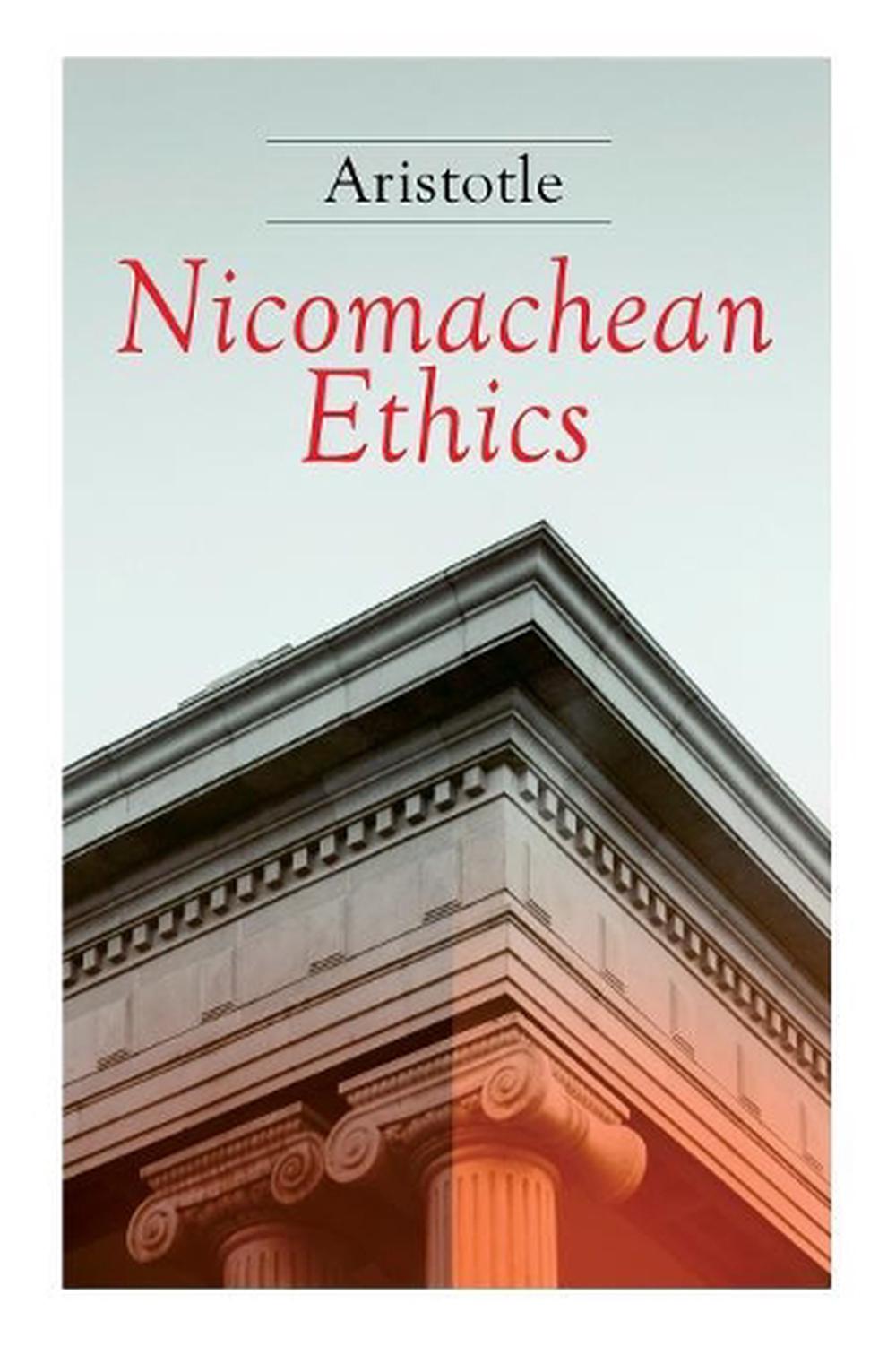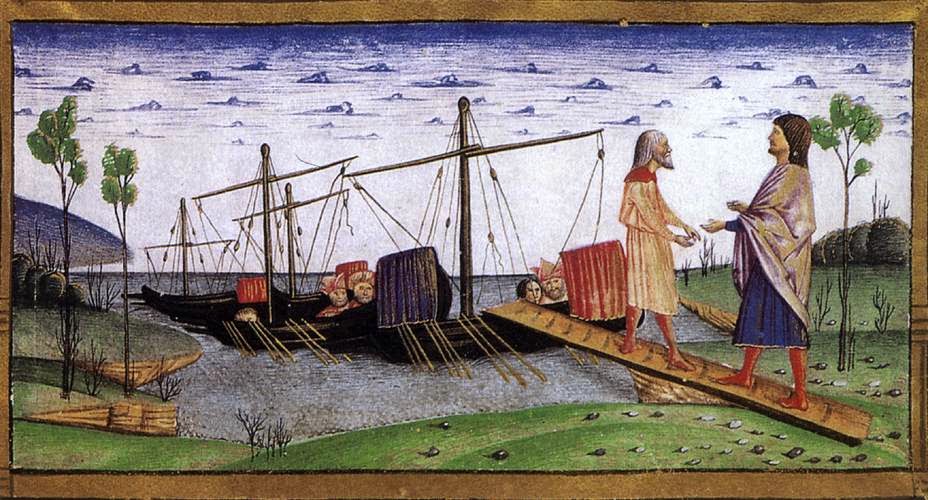


To take an example familiar to New Yorkers: should we give money to subway panhandlers and if so, how much? This ability to choose well constitutes Aristotle's notion of "practical wisdom," or phronesis, itself a virtue that Aristotle thinks we can practice. Because life presents us with questions that almost never have mathematically precise or even predictable answers, one must grapple with difficult choices, among which there may not be one obviously best option. Human excellence, in sum, seems to be an activity that aims at the right amount of certain virtuous traits: the right amount of generosity, the right amount of temperance, and so forth.Īll of these ethical behaviors, Aristotle argues, are best executed as a kind of "habit" that we must actively practice, and he roots these ethical habits in the concepts of deliberation and choice. The virtuous behavior of courage, for example, lies between the extremes of cowardice and rashness.

Alongside this telos-based approach, Aristotle also introduces the notion of the ideal human condition as an intermediate or "mean" between two extremes of deficiency and excess. Rejecting some goals that people often take to be the aim of a good human life – such as pleasure, health or wealth – Aristotle asserts that the true telos of human behavior is the eudaimonia of living well. For instance, Aristotle lays out his ethical philosophy as an example of "teleological" thinking, where human actions aim at the "final" and "self-sufficient" goal (or telos) of a good life. Within these broad claims about human excellence and the qualities of a good life, Aristotle defines methods and terms that continue to influence many aspects of contemporary ethical thinking. As the Nicomachean Ethics shows over the course of its ten books, eudaimonia entails acting virtuously, almost always among others – within a family, among friends and as part of a civil society. (Wikimedia Commons)Īs one of the central texts of moral philosophy in the Western tradition, the Nicomachean Ethics introduces terminology and methods for grappling with one of the most fundamental philosophical questions: what does it mean to live a good life? Or to use Aristotle's terminology, how might one achieve eudaimonia, a term understood as some combination of "happiness," "blessedness" and simply "faring well?" Simultaneously a study of individual excellence and one of political life, Aristotle's text does not understand "living well" as a kind of pleasant feeling or other positive psychological state. Olympic competitions were opportunities for displays of excellence.


 0 kommentar(er)
0 kommentar(er)
